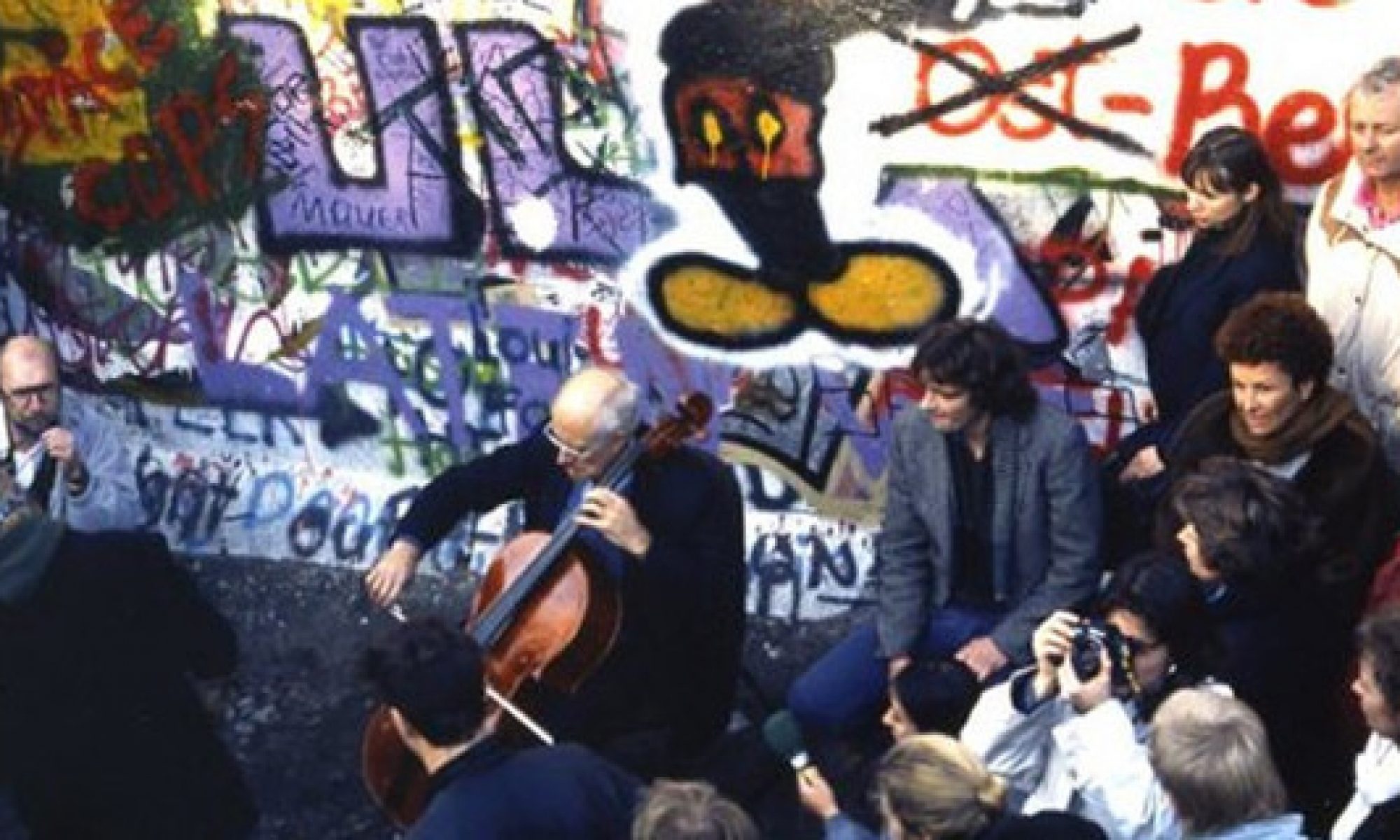As Louise Meintjes points out, “this idea of collaboration presented by the music is understood differently by various interpreters” (37). The concept of collaboration and how it ties in different people and styles and cultures illustrate the variability of any production and in this case, the variability of Graceland. Paul Simon’s Graceland was made in collaboration with many different American and South African artists, and the collaboration was on a large international scale. Paul Simon explicitly stressed that he created this album as a sort of cultural collaboration, “a cultural sociological point of view,” and not in fact as a political statement which his critics attempted to define the album by (39). Simon refused to say what political party he was supporting: “I cannot really endorse one in particular” (39). His inability to define his stand about South African politics allowed Graceland to be ambiguous and up to interpretation, and different groups used the album to their advantage.
Liberal white South Africans saw it as a cultural bridge between South Africa and the United States even the world, while conservative white South Africans “embraced Graceland because of the changes (in their terms ‘improvements) Simon has introduced” to these traditionally African sounds (55). Black South Africans that supported Graceland saw it as an opportunity for South African culture to be spread around the world and allow South African artists to gain a foothold in the international music industry, but black South Africans that condemned the project saw it as cultural appropriation and saw Paul Simon as a “colonizer” of African sounds (50). Each group interpreted Graceland in their own fashion because their interpretations are shaped by their individual backgrounds and what they have been exposed to.
- In the song, “Homeless,” how is Ladysmith Black Mambazo’s sound mixed with Paul Simon’s?
- Do you think Paul Simon’s world tour organization was meant to be philanthropic or more for the image of Paul Simon himself?
- How did the album help white South Africans “construct a history for [their] local identity?
- How has peasant history and folk tradition helped mold national identity? How should white South Africans have used the peasant history and folk tradition to help mold their local identity?
- Why would the South African state support Graceland and play it on state radio?
- How was Graceland useful to conservative white South Africans?
- How did Paul Simon help the South African musicians that he collaborated with?
- What affect does the United States having control over the music industry have on music produced outside of the US?
- How does Graceland fit in with the rhetoric surrounding the cultural boycott of South Africa?
- Was Paul Simon a colonizer that exploited the South Africans that collaborated with him on the album?


I think that your post teases out some really important points from our reading. Mainly, I found it interesting that conservative South Africans supported Graceland. To get to your question about why this may have been, I think that because the album was released amongst heighten tension in South Africa it’s possible that they saw this as a way to support African music in a more “appropriate” manner. Part of the theory behind the Apartheid was a racial and cultural improvement. So, maybe the conservative South Africans thought Paul Simon’s influence and collaboration improved the African sounds. Also, this was a safe way to keep their conservative ideology while appeasing some of the reformist in the country. If this was the case though it’s clear the racism is underlying here. In reference to the question about if Paul Simon exploiting the African sound, I don’t feel like he was exploiting them but I did feel that his fascination was very similar to the fetishization we saw earlier in the class in Europe.
I completely agree with the idea of fetishization . It reminds me of when we spoke about the Soviet Union inviting their satellite states to come and share their culture, but in a “look how good they are doing now with our help” sort of way. I think that is also how conservative South Africans felt that they could support Graceland. They viewed the blending of traditional music with Paul Simon was an improvement or an upgrade to the South African culture rather than recognizing it as beautiful on its own, just as we heard when the Soviet Union took traditional folk instruments and tuned it in a way until it could pass as western.
I encountered this album last fall in a popular music course with Dr. Swift, and in that course we praised it for its inventiveness and political abruptness. However, upon closer examination, I definitely feel like it is an album of fetishization. I find myself agreeing with Amanda that it is oddly reminiscent of the Soviet festivals of folk music. Especially with how the only charting sing “Call Me Al” did not even accurately represent the pennywhistle. Moreover , the more I think of how Paul Simon got the largest paycheck for this concept album, the more inclined I am to think this is a form of neocolonialism.
I also agree with you bringing up the idea of fetishization. There is no clear answer to the intentions of Paul Simon, but it is his own fault that there is ambiguity to the matter due to the fact that he created an album influenced by South African music, but makes no direct statements condemning or even just bringing up apartheid in general, all the while not giving any credit to black South Africans where he got the sound from in the first place. This allows for the racist regime in power to praise his music, and anger from black South Africans who feel slighted are very much so justified to feel as if they have been stolen from.
I actually want to correct my wording here: I didn’t mean that he didn’t give any credit to black South Africans. He did bring attention to the artists on the album with him, but the notion that South African music needed the help of a white man to spread more globally is a problematic idea that black South Africans had every right to be mad about.
5. The South African state may support Graceland and play it on the state radio because the success of the album and the South African artists featured is a success for the country as well, even though they were supporting artists who obviously did not support the state. By claiming Ladysmith’s international achievements as an achievement for the South African state, the state can then identify that this is their culture. Through this, other countries could learn about South African culture and offer the state the support it desired. Furthermore, the state had to shift from an “us versus them” Apartheid mentality to one where they considered their culture “one.” By claiming possession over the music, they did not allow for those who did not support the state to claim their own separate identity and culture. This may be a bit speculative, but by laying claim to Graceland’s success and acting as if the country was united as one people, the South African state pushed the rhetoric to other countries that things were getting better, or at least not as bad as others made it seem.
9.) Paul Simon broke the cultural boycott of South Africa by creating Graceland. Although the album showcased talent from black South Africans and didn’t directly support the apartheid government, he still appeared to be to many to be an ignorant American who created this album for his own profit rather than someone who wanted to help oppressed South Africans. I stand by my stance on if he wanted to create an album with South African influence at this time period, he should have condemned the actions of the South African government.
3. So, I am not one hundred percent committed to this comment, but here is what I have: It seems that there is an overwhelming desire by white South Africans to have more “refined” music. Graceland does refine multiple instruments to mesh better with the pop-rock Simon is going for, but over all this music does not necessarily give a folk tradition a 20th century revision. Moreover it seems like Paul Simon experiments/appropriates other cultural techniques to make some $$$. I really think this album is problematic the more I am reading about it, and I am sort of grossed out that we are giving it royalty pay by playing it on Spotify.
I really would like to talk about the UN’s Boycott of South Africa and how that plays into the controversy over this album. Economics really seems to be a sticky situation here, and I want to hear all y’alls thoughts on it.